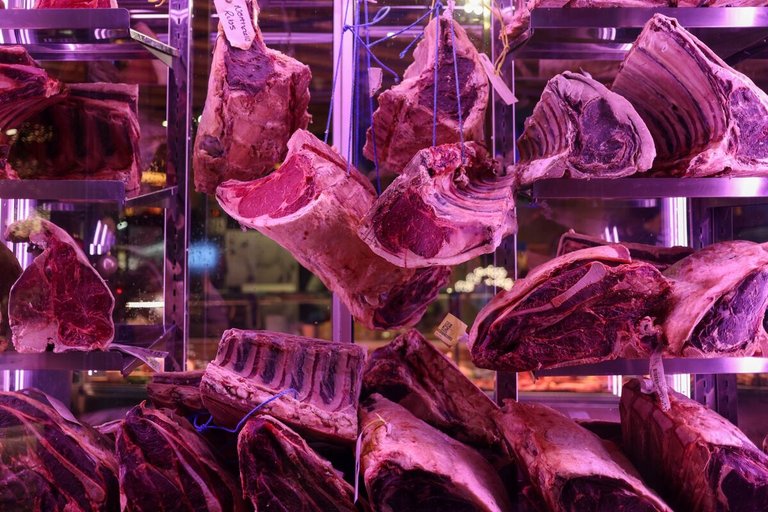
Mexico
Aztec authorities continue to be very proactive in taking steps towards the incoming administration of Donald Trump, including a stronger stance against organized crime, more aggressive management of the migration phenomenon, and commercial distancing from China. These points are sensitive for the Republican leader, so Mexico has taken note. For example, the government of Claudia Sheinbaum will introduce a mobile application with a sort of panic button to alert of potential arrests linked to the announced policy of mass deportation. At the same time, a program will be established to promote the reintegration of those who could be finally deported. The more than 50 Aztec consulates on U.S. soil are also in charge of conducting legal training actions for Mexican fellow citizens. Yet Sheinbaum believes she can make Trump literate regarding the contribution the latter make to the U.S. economy, valued at 8% of the States´ GDP according to figures being handled in the Zócalo Square.
Regarding the battle against the cartels, it has just been observed that the Mexican president is not following her predecessor's policy to the letter. There is a greater deployment of security forces in regions plunged in violence such as Sinaloa, with concrete blows to criminal structures involved in this escalation. This week more than 416,000 fentanyl tablets—and six tons of precursor chemicals critical to its production—were seized in a locality where the Jalisco New Generation cartel is strong. Some 1,200 liters of possible methamphetamine were intercepted in Sinaloa. The cancer of organized crime in Mexico raised a new sign in the last hours after the dreadful discovery of 12 skeletons in 11 clandestine graves in the border state of Chihuahua. In Cancun, a mother, and her 11-year-old son were fatally shot, the undersecretary of Livestock of the state of Zacatecas was also shot to death, and the same fate befell the president of the Christmas Fair board in the bloody city of Chilpancingo, Guerrero state.
Mexico's president may be toughening fight with drug cartels https://t.co/ZGsvSrKbeN
— ST Foreign Desk (@STForeignDesk) December 24, 2024
Proteccionismo: back and forth
Move over Mercedes: Chinese cars grab Mexican market share https://t.co/tZ56L3YyFf
— eNCA (@eNCA) December 27, 2024
As anti-Chinese protectionism takes hold, Beijing has announced an investigation to assess the import patterns of beef, mostly coming from Argentina, Brazil, and Australia. The move follows an outcry from local producers denouncing the impact of a sharp rise in imports of different beef formats on the local market, with prices falling. Beef imports in the first half of this year doubled those recorded in the same period in 2019. Imports from Argentina between January and November grew by ten percent over the same period in 2023. This trade was worth US$1.4 billion in benefit to Argentina, although there is a downward trend in selling prices. From Milei's cabinet, it is said they are studying the investigation to protect the sector, while from Planalto they talk about defending “the interests of Brazil's agribusiness while respecting the sovereign decisions [of China]”, trying to convince about the complementary nature of South American shipments.
 Source
SourceTragic accidents rage on in Latin America
After an extremely catastrophic accident weekend in the region, at least 8 people were killed and nearly 30 injured in a road accident in Veracruz, Mexico. Meanwhile, in Brazil, the death toll from the collapse last Sunday of a 64-year-old bridge linking the states of Maranhao and Tocantins rose to 9, with eight people still reported missing from the accident.
 Source
SourceAnd this is all for our report today. I have referenced the sources dynamically in the text, and remember you can learn how and where to follow the LATAM trail news by reading my work here. Have a nice day.

